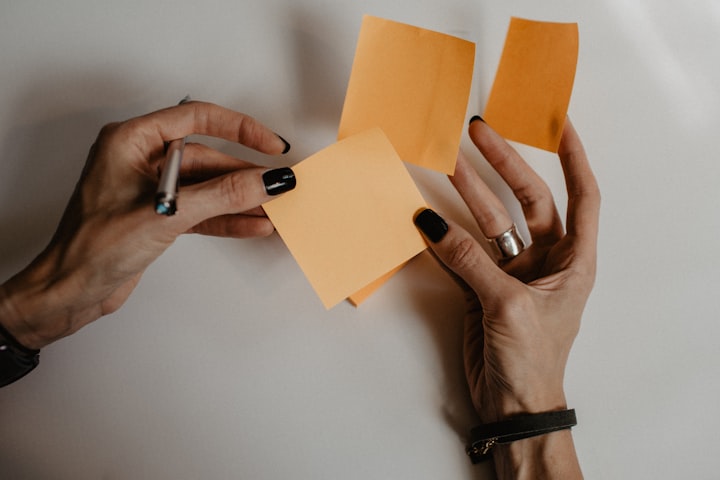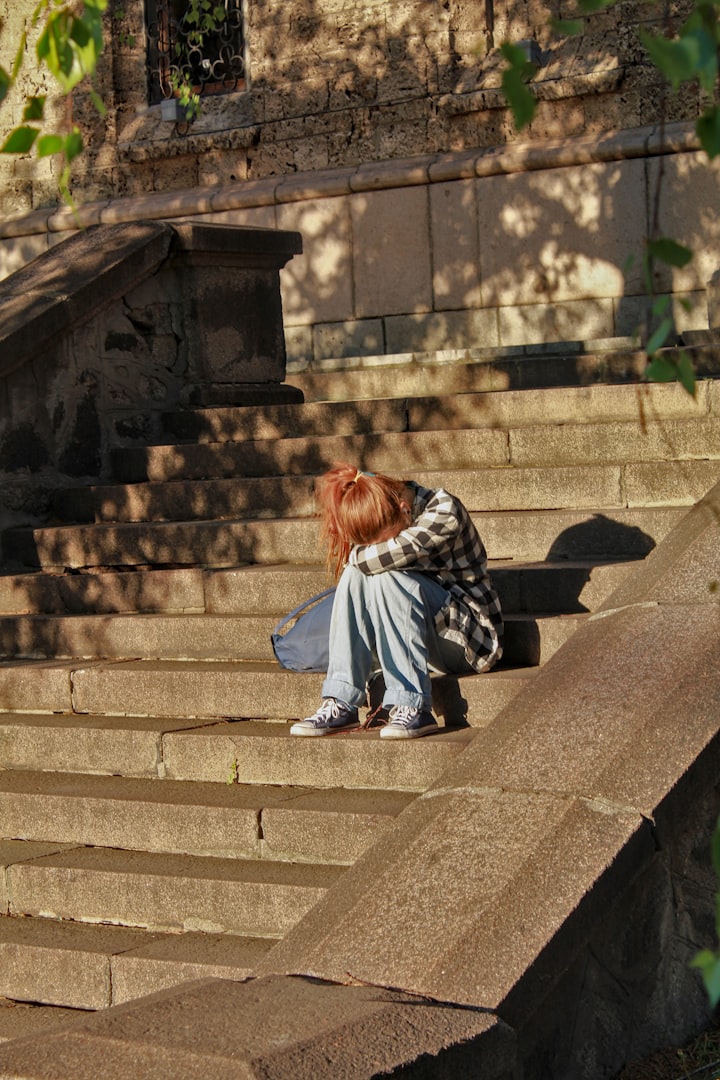6 Essential Reasons Why We Make Decisions
The secret to making better choices

On a general basis, decision-making is the process of choosing between two or more alternative courses of action. It's a cognitive process involving three stages: identifying the decision to be made, gathering information, and assessing alternative resolutions. Decision-making can be simple or complex, and it can be made by individuals or groups, and it can be better understood by an example.
Imagine sitting in the middle of a road and there is an oncoming car heading rapidly towards you. You have a choice of only two actions. To get out of its way and live to fight another day, or to sit where you are and be run over, which means either being badly injured, or, much worse, being killed. In that split second, you have to make a decision. If you are trying to commit suicide, your decision will be to keep sitting and hope to be killed. However, if you did not expect a car to be in your path, you will be getting out of its way pretty fast.
That was a simple illustration of why we make decisions: to determine the way we wish to live by making either pleasant or unpleasant choices. Our life consists of making decisions, one way or another.They are imperative and we cannot escape them. But many people deliberately prevent themselves making decisions because they cannot bear the consequences. Yet decisions are necessary for six important reasons:
1. To get results and outcomes. Without those results, we would have no idea whether we are going in the right direction to fulfill our needs and desires; we would not know whether our aims and objectives are being fulfilled; we would be in limbo over our future and potential and we would not be motivated to carry on with our daily life because we would lack the reinforcement to do so. Decisions confirm our beliefs, reinforce our abilities and empower us to the next level or stage of our development. They are like review breaks in our existence. By making decisions, we can use their outcomes to assess who we really are and where we are going.
2. To commit to a course of action. Once we make a decision, we have committed ourself to a particular action. Not making a decision keeps us guessing and going nowhere, and preventing us from making that particular commitment to a person or thing. Making a decision ensures that commitment and forces the decision-maker to take one side or the other. One cannot then stall or be middle-of-the-road because a clear course of action would have been taken.
3. To affect future progress. The outcome of any decision - the result we get - establishes our position in that situation very firmly. If one was hesitating about taking a job, or buying a house, the minute the decision is taken to do it or leave well alone, the result will reveal the progress being made at that point and will also determine what happens next. Perhaps not buying the house will save money for something else, which makes one better off, while not getting the job could be a social and financial setback for a long period of time. Either way, making a decision will force the issue which then affects the future.

4. To exercise authority and power. Many decision-makers, and parents, take decisions regarding others mainly to exercise control and power in their position. Parents discipline or motivate their children through the routine decisions they make. A decision which has a negative effect on a child's behaviour is designed to keep that child toeing the line, while decisions by managers that are designed to boost productivity in the office will have more positive effects.
5. To boost personal confidence and self-esteem. The more decisions we feel able to take, the more empowered we are likely to feel, and the more confidence we have in affecting what happens in our lives. Decisions give results and outcomes. The more results we have that reinforce our identity, actions and positive emotion, the more we will advance in life with a greater capacity to affect how we live that life in ways of our own choosing.
6. Last, and by no means least: To prevent others making them for us. Should we resist making any crucial decision, as night follows day, someone else will take charge and oblige! Nature dislikes a vacuum, and if we fail to make decisions for ourselves, especially when the outcomes are necessary to progress our lives, we immediately abdicate our responsibility to others who will not fail to do the job for us, whether we like it or not!
Decision-making is therefore an important skill for everyone to have, as it is essential for success in both personal and professional life. If you are the type of person who often finds it difficult to make decisions, these tips should help improve your skill:
- Be clear about your goals. What do you want to achieve with this choice?
- Gather as much information as possible. This will help you to be more informed when you make the decision.
- Consider all of your options. Don't just focus on the first one that comes to mind.
- Weigh the pros and cons of each option - the potential benefits and risks that could arise from each course of action.
- Don't be afraid to ask for help. If you are struggling to make a decision, talk to a friend, family member, or colleague.
- Always trust your gut instinct. Sometimes, the best way to make a decision is to simply listen to your intuition.
Your future begins today with the decisions you make. Try to make at least one major choice every day, as you will be starting the process of what happens next tomorrow. Please bear in mind that there is no perfect decision-making process. Life is always trial and error, though knowledge and experience help us make better choices.
RELATED POST
• Like this post? Action speaks louder than intention. Show your appreciation with a SUBSCRIPTION and even a TIP. Thanks for your support!
About the Creator
Elaine Sihera
British Empowerment Coach/Public speaker/DEI Consultant. Author: The New Theory of Confidence and 7 Steps To Finding And Keeping 'The One'!. Graduate/Doctor of Open Univ; Postgrad Cambridge Univ. Keen on motivation, relationships and books.






Comments
There are no comments for this story
Be the first to respond and start the conversation.